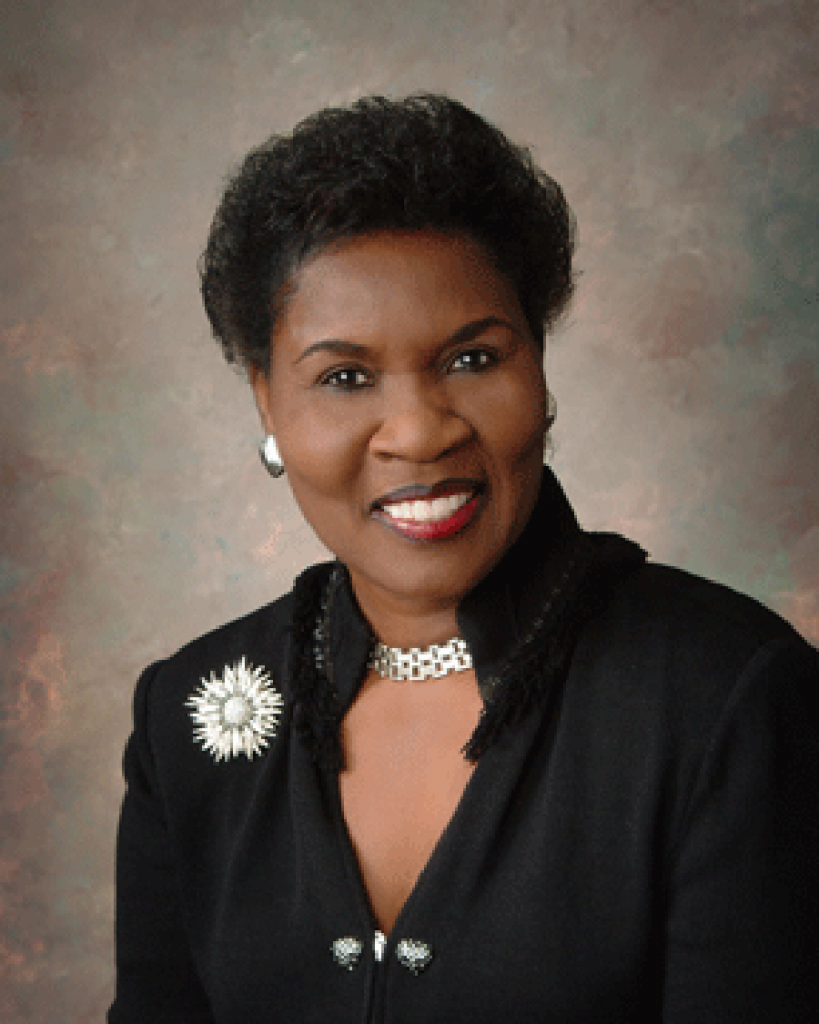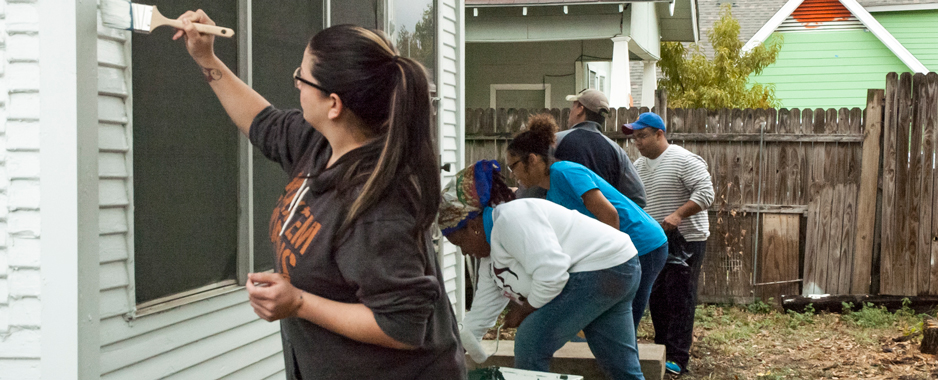By Chelsea Olson/reporter
Children must be given rules to live by, a representative from Families First told student parents Oct. 8 on South Campus.
Gregory H. Richmond said important keys that benefit children are making known the household’s ground rules, values and expectations. Implementing these factors will lead to proper relational development.
“Teach humility by showing humility,” he said.
By enforcing a set practice of values, the family’s belief systems will remain unchallenged, Richmond said. This technique prepares children to learn restraint and be available for direct discussion.
In terms of building an emotionally healthy child, parents must face fears of “failing, falling and anxiety,” Richmond said. His approach lies in communication in all areas.
“Talk through the good, bad and ugly,” he said.
If the only time a parent is talking to children is when a problem arises, it conditions the children to fear direct communication, Richmond said.

Richmond offered suggestions to ease children into communicating. He suggested parents allow the child to “bring the [talk] to you when they’re ready.” This shows the child that parents value their availability. When having any sort of exchange, he suggested physically having the talk on their level.
“We only hate power struggles with someone above us,” he said.
Bringing oneself lower makes everyone feel they are on the same level and ready to be heard, Richmond said.
He also suggested being prepared and in a calm state of mind. If the talk is regarding an infraction or wrongdoing, parents should take a timeout to collect themselves and prepare for their talk. Richmond suggested going into the dialogue with reason and clarity and in a form of presentation that suits the child’s needs.
Richmond also has a guide to rule breaking. He suggests eye-to-eye reflective listening. The adult should start with how rule breaking affects the parent and ask the child what they could have done not only differently but also better and worse.
Being quick, specific and emphatic are the keys to conversing with children, Richmond said. Children need to know guidelines and be redirected toward the end goal.
However, Richmond reminded the parents, children desire praise when they have done something correctly.


























